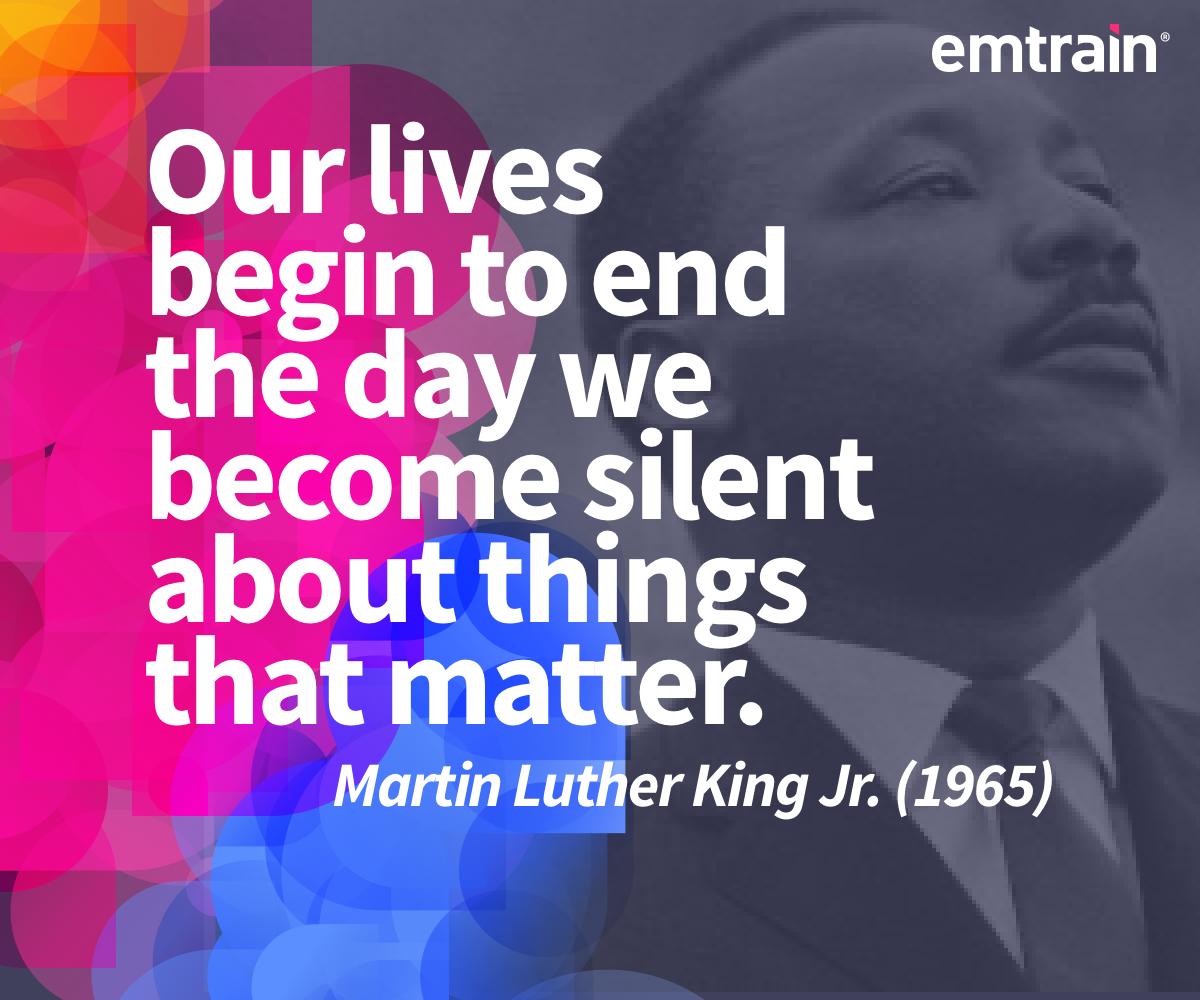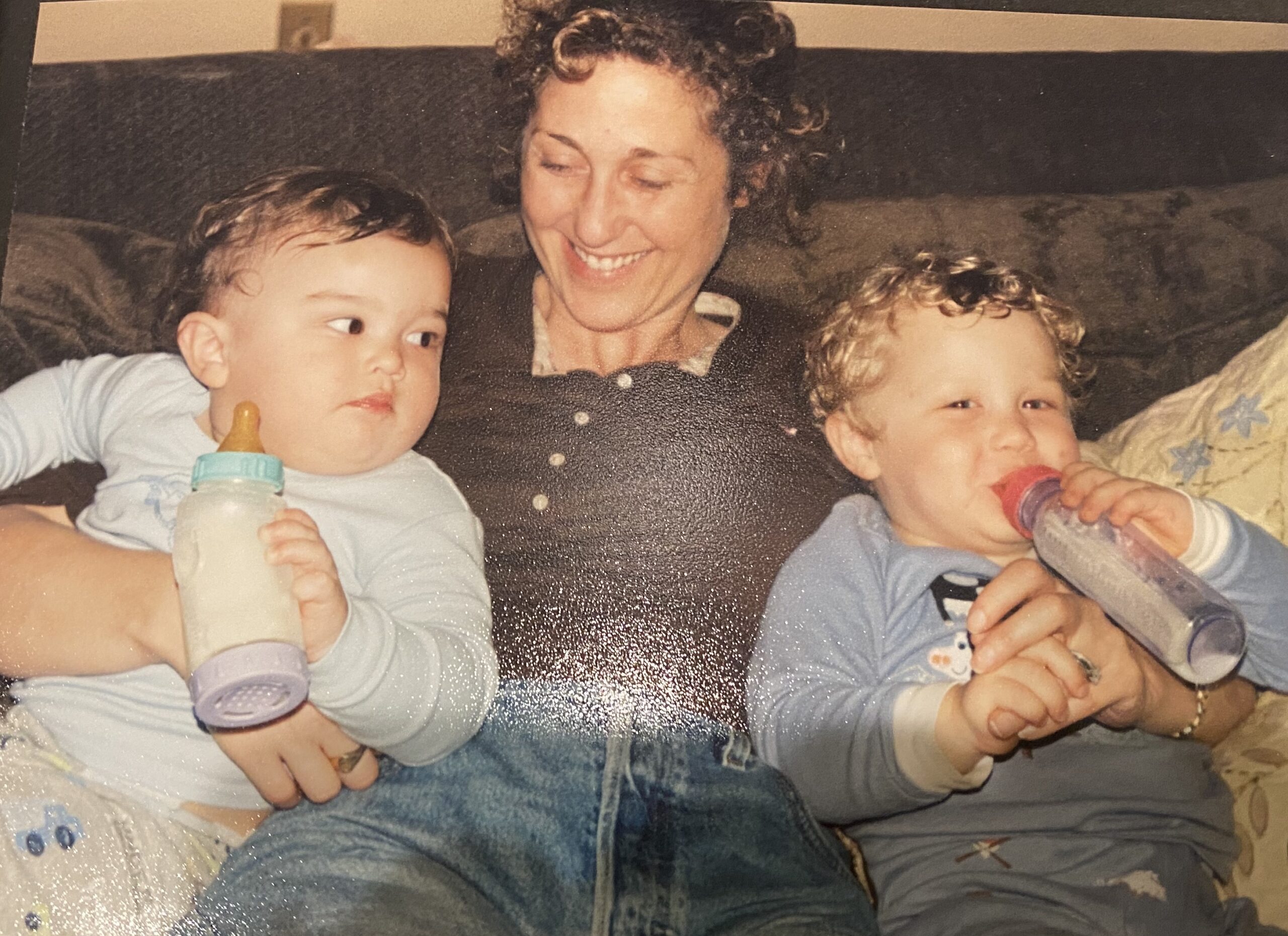Oprah Winfrey
“It doesn’t matter who you are, where you come from. The ability to triumph begins with you, always.”
Oprah Winfrey was born in the small town of Kosciusko, Mississippi, and grew up in extreme poverty. While she lived with her mother, she was subjected to child abuse and sexual assault at an early age. Once she moved to Nashville to live with her father, she enrolled at Tennessee State University and started working in radio and television. In 1976, she hosted the show People Are Talking, which she continued for eight years. Then, she started her own morning show called A.M. Chicago. After several months, she was receiving 100,000 more viewers than her biggest competitor at the time, Phil Donahue.
In 1986, she began The Oprah Winfrey Show, which ended up running for 25 years. Although she had gained success over the years, this show was what really launched her into success and fame. Despite growing up impoverished and experiencing sexual and physical abuse, she achieved great success and became an extremely influential and respected figure in society.
Colin Powell
“Great leaders are almost always great simplifiers, who can cut through argument, debate, and doubt, to offer a solution everybody can understand.”
Born in 1937, Colin Powell grew up as the son of Jamaican Immigrants in the South Bronx in New York. He attended City College of New York where he joined the Reserve Officer Training Corps (ROTC) with a rank as cadet colonel, which is the highest rank in the corps. After he graduated, he went on to serve as a second lieutenant in the U.S. Army for 35 years, serving two tours in Vietnam. In 1987, he became President Ronald Regan’s Deputy National Security Advisor. In 1989, he was promoted to the rank of general.
Once he retired in 1993, he founded an organization called America’s Promise that helps at-risk children. Eight years later, he became the first African American to hold the rank of Secretary of State. He was admired for having cordial relations with other governments and for his efficiency in the office.
Ruth Bader Ginsburg
“Women belong in all places where decisions are being made. It shouldn’t be that women are the exception.”
Ruth Bader Ginsburg was born into a low-income family, growing up in Brooklyn, NY. Despite growing up in poverty, she worked hard, excelled in her studies in high school, and went on to attend Cornell University. Two years later, she enrolled in Harvard to continue her studies. The law field was heavily dominated by males, creating a very hostile environment for Ginsburg and the other seven females in her class of 500. The women experienced scrutiny and were condemned for taking the places of other male students. She overcame those obstacles and became a member of the Harvard Law Review. She then transferred to Columbia University, where she, again, graduated first in her class. Despite her academic achievements and aptitude, she experienced gender discrimination in trying to find a job after she graduated. She eventually landed a position teaching at Rutgers University Law School, going on to become the school’s first female tenured professor.
During the 1970’s, she served as the director of the Women’s Rights Project of the American Civil Liberties Union, arguing for six cases on gender equality. Then, in 1980, she served as the U.S. Court of Appeals for the District of Columbia until she was appointed to the U.S. Supreme Court in 1993.
Ginsburg was a huge advocate for women’s rights and was such an influential leader who many people looked up to. She continued to make her voice heard, despite the discrimination she endured along the way.
Martin Luther King Jr.
“Our lives begin to end the day we become silent about things that matter.”
Martin Luther King Jr. was raised in Atlanta, Georgia by his two loving parents along with his extended family. Starting at a very young age, King experienced racial discrimination throughout his childhood and as he got older. When he first moved away from home to spend a summer working at a tobacco farm in Connecticut, he realized how much more peaceful the interactions between people of different races were in the North. After his summer in Connecticut, he attended Morehouse College in Atlanta where he studied medicine and law. In his senior year, however, he entered the ministry, following in his father’s footsteps. In this program, King’s mentor, Benjamin Mays, who was a gospel activist, was a big influence on King and made him realize that the only way to create social change is through action.
Along with more years of hard work and dedication, he went on to lead the Civil Rights movement from the mid-1950s until he was assassinated in 1968. His leadership, determination, and influential words are what led to ending the legal segregation of African Americans in the south and other parts of the United States. To this day, we honor his courage and powerful leadership and will continue to be a legacy.










